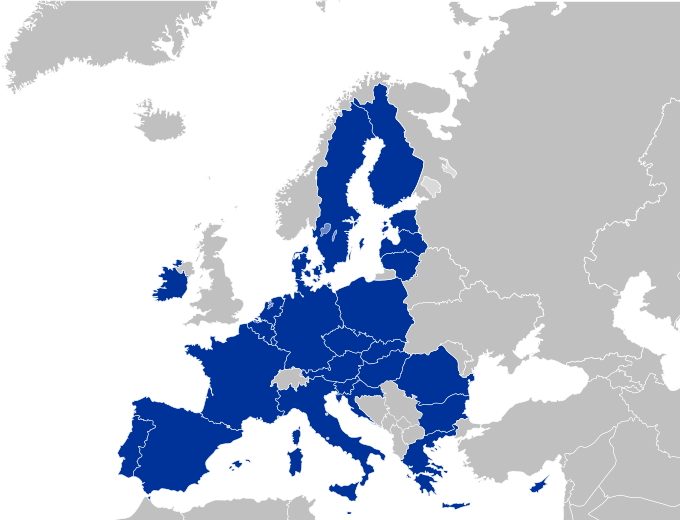The European Commission has confirmed that entry into EU countries with cars registered in Russia is prohibited. Personal belongings of Russians crossing the border, such as smartphones, jewelry and laptops, are also at risk of confiscation.
“It does not matter whether the vehicle is used for private or commercial purposes as long as it falls under the customs codes listed in Annex XXI (including code 8703) and originates in or has been exported from Russia,” the European Commission said in its new clarifications. Customs code 8703 covers passenger cars and other vehicles designed to carry less than ten people.
Last summer, some Russians traveling to Germany in their cars faced arrests at customs. In early July, as RBC wrote, German customs confirmed that the import of passenger cars from Russia is prohibited under Article 3i of Regulation 833/2014, which defines the embargo against Russia, and that any movement of goods, even for personal, non-commercial purposes, falls under it.
This interpretation has raised questions among lawyers, since Article 3i prohibits the import or transfer to EU countries of goods listed in Annex XXI that “generate significant income for Russia” (ie, the sale of goods may be implied). In particular, Russian jurists pointed to such situations as the result of abuse by officials of the executive branch or misinterpretation of German customs legislation regarding the difference between importation and entry into the country by private car. The position of the pan-European regulator was unclear.
On September 4, the Russian Embassy in Germany reported continued isolated cases of detention by German customs officials of Russian-owned cars registered in Russia and temporarily imported for personal purposes or transit. “The arguments that in this case we are not talking about the import of goods intended for sale, but of private property used for personal purposes and temporarily imported into the territory of the Federal Republic of Germany on a legal basis, are not taken into account,” the embassy said.
Now the European Commission is clarifying the ban by confirming it. The period for which a car with Russian license plates is imported and the customs regime used for this (for example, admission to free circulation or temporary importation) are irrelevant, the European Commission emphasized.
Photo: A map of the current members of the European Union/ https://europe.unc.edu/toolkits/chapter-3/











